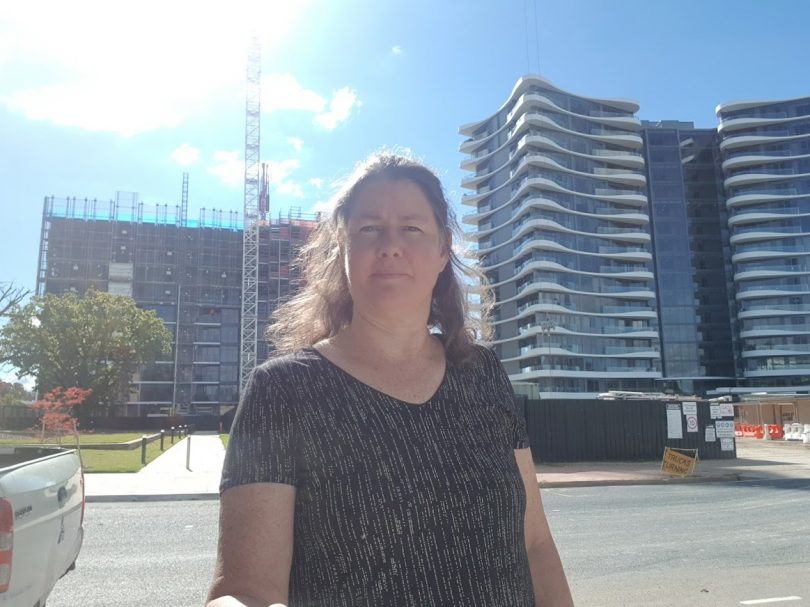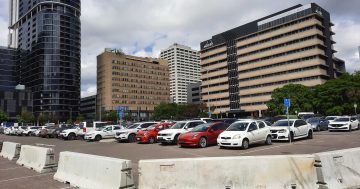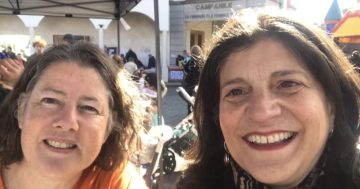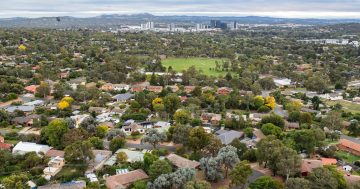
Local voices like Fiona Carrick from the Woden Community Council have raised the profile of community councils. Photo: Fiona Carrick.
I’ve been perplexed for some time by the negativity often thrown at Canberra’s community councils.
These volunteer-run groups provide an avenue for locals to have a voice about government decisions that affect their neighbourhood, to connect with the community in their area, and to influence and engage with their home suburbs across a wide range of issues.
And yet, if you only listened to developers and bureaucrats, community councils are all undemocratic NIMBY-led organisations packed with older white men who have no connection to the reality of the communities they claim to represent.
While useful as a way to discredit the councils and their work, I would argue that this stereotype bears little resemblance to reality and certainly doesn’t match my own experience.
Full disclosure here – my partner is a committee member of the North Canberra Community Council. I have been a member of my local residents associations in various suburbs over the years. But the story of our own initial engagement with councils is, I think, a great example of how the myth of their exclusion of young people and diversity is unfounded.
In 2019 we had just moved to Downer and were walking our dog to the local cafe one morning when our kelpie, Charlie, stopped to say hello to a labrador. The dog’s owners, an older couple, paused and said hello, and we mentioned we were new to the suburb. The gentleman was engaged with the Downer Community Association and told us about the group and where it met.
My partner went along to their next meeting. He was immediately welcomed, included, and swiftly encouraged to step in as interim Secretary, as the position was vacant. Since then, he has been engaged in community councils and has been supported, included and encouraged the entire time.
Throughout our years of engagement, I’ve read the communications from community councils with interest and been staggered by how much advocacy work the volunteers in these groups undertake: submissions to development applications, engaging in presentations and consultations from government, developers and community organisations, providing detailed updates to members about complex legislation that could impact them, and sharing news and information about local activities and events. This is important and very useful work and is being undertaken by engaged volunteers for the benefit of their neighbourhoods.
When people argue that Community Councils are undemocratic because they are unelected, it’s worth noting that they also do not have any inherent power or influence the way a local council would. These are volunteer-run organisations – if you feel they don’t represent you, nothing is preventing you from joining them and contributing to their discussions, submissions and advocacy.
Indeed, compared to the cohorts they often go up against when it comes to development in Canberra – developers, government, and even community organisations with deep pockets who have capital and significant influence over our local environments – community councils are the underdogs. At times, their advocacy even relies on individual members contributing their own money to finance legal costs to represent community interests.
There will always be a diversity of opinions within the community; inevitably, any single group can’t represent everyone’s views equally. But Community Councils are a vital way to ensure direct representation of our communities in the ACT, where there are very few other accessible forums available to us.





















